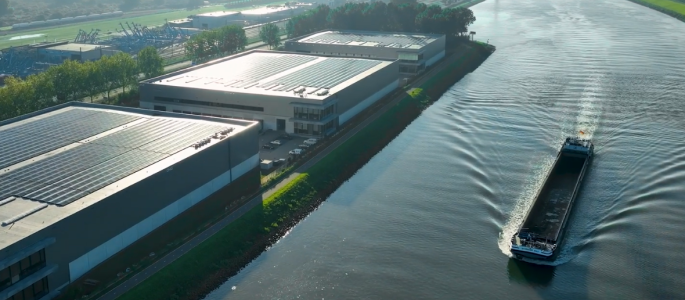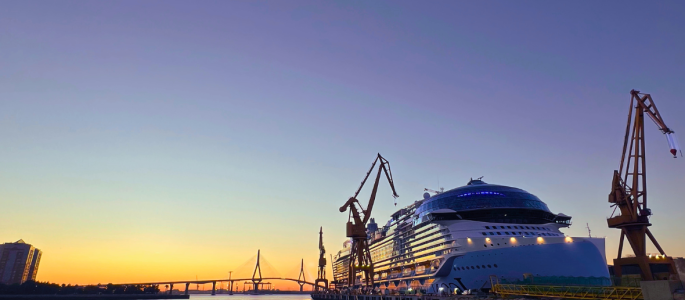
Brexit - what now?
Almost three and a half years after the British referendum on EU withdrawal, this step has become a historic reality on January 31, 2020. This marked the end of a more than 40-month long period of uncertainty, that has already had far-reaching political and economic consequences, particularly on the British side. But what will the Brexit change for logistics? What do shippers and consignees on both sides of the English Channel need to know now?
First of all, the transition period granted until 31.12.2020 will not change anything. Great Britain remains in the European customs union and is thus to be treated as a member of the EU without voting rights. Boris Johnson's Conservative government has a good eleven months to regulate the final withdrawal from the EU internal market. So far, so good. But what follows?
The UK government has recently sent a letter to over 200,000 UK companies informing them that, from January 1, 2021, companies will have to clear customs for all goods under their control which are imported into or exported from the UK. The letter informs them that they must appoint a customs broker for clearance unless they intend to do the customs clearance themselves. Hellmann UK is already listed on the list of authorized brokers. (Download: Technical Advice Paper]
Safe through customs with Hellmann
For logistics, the situation is clear: whether leaving with or without a deal, for the continental logistics industry, the movement of goods with Great Britain will have to be reorganized, following the regulations that have long been in force for non-EU countries such as Switzerland or Norway. This means that all customs formalities must be complied with: Import and export licenses, power of attorney regulations, VAT regulations, etc. In any case, this means additional costs for the import and export of goods, which can extend transit times - especially in road transport.
"We are well prepared and now that we have planning security, we will build up further capacities."
We at Hellmann have been able to prepare intensively for this scenario over the past three years. This is confirmed by Andreas Bunnemann, Manager for European Roadfreight: "We are well prepared and now that we have planning security, we will build up further capacities: We have the know-how in-house and will now create new resources and train existing staff to spread the expected customs matters over as many shoulders as possible. In addition, we run a dedicated Customs-Office in Dover - which gives us a key competitive advantage and offers customers maximum security and efficiency".
Runtimes still with question mark
It is not yet possible to reliably predict how transit times will develop in European land transport. Experts estimate that, depending on waiting times and backlogs at ports and Eurotunnel in the EU and the UK, a truck will probably only be able to make just over half as many rounds per month between the UK and mainland Europe in early 2021. It remains to be seen whether and to what extent alternative routes via other ports or the switch to multimodal transport can help. What is certain, however, is that the most efficient - and therefore quickest - import depends on the quality of the freight and customs documents. "We must make our customers, the senders and the recipients of the goods aware of the need to deal with the import and export regulations of their shipments at an early stage," Bunnemann demands.
"We must make ... senders and the recipients of ... goods aware of the need to deal with the import and export regulations of their shipments."
Constant cargo space capacities with Hellmann
It is already clear that foreign trade, especially between Germany and Great Britain, has been declining since the Brexit referendum, particularly on the continental export side. A further slump is expected after 31.12.2020, specifically in B2C business. It is also quite possible that individual truck operators will withdraw from UK traffic. Together with the reduced number of rounds between the EU and the UK, this will inevitably lead to a shortage of cargo space. However, Hellmann has a large pool of solid carrier contacts, so that we feel we are well equipped to deal with this.
Thanks to our customs expertise, the development of the necessary additional resources as well as our stable carrier pool and extensive market knowledge of potential alternative traffic routes, we can continue to provide our customers with security in a generally rather uncertain environment after 31.12.2020. If you have any questions regarding import or export customs clearance, please contact our experts.
For customs matters in Great Britain, please contact CustomsClearanceEnquiries@hellmann.com.
For more information on the Brexit, also read our BREXIT Blog.





